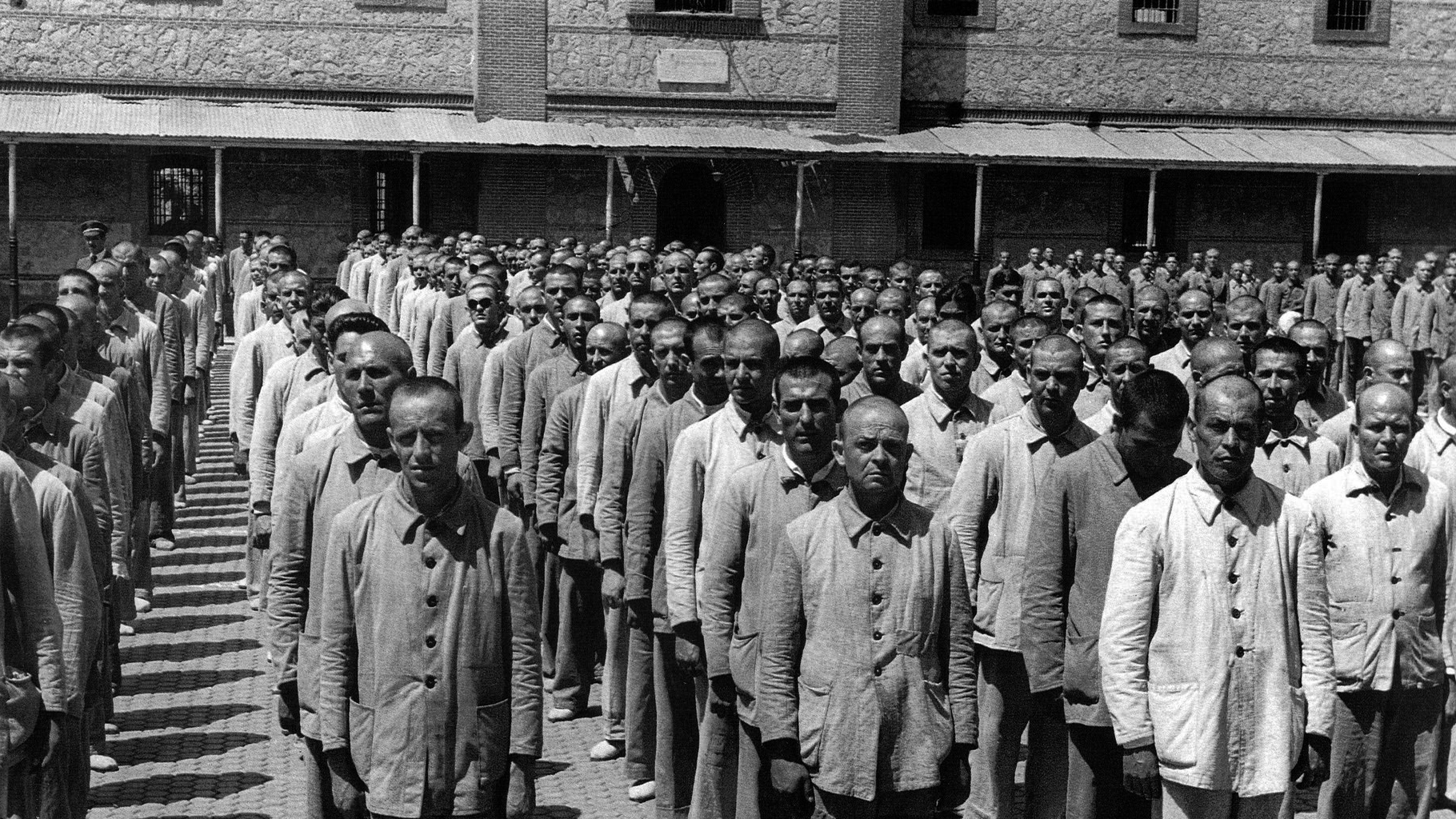
Synopsis
After the success of Franco´s Settlers, their first encounter with Franco’s dictatorship, filmmakers Dietmar Post and Lucía Palacios now tackle one of the most undisclosed chapters of European history: the allegedly organized extermination that took place in Spain under General Franco’s fascist dictatorship between 1936 and 1975 after he established his power with the help of Germany, Italy and Portugal. To this day no one has been prosecuted for the regime’s systematic atrocities; victims haven’t been rehabilitated. Over 100,000 people are still missing.
After a Spanish judge´s attempt to accuse Franco and his generals for crimes against humanity failed in 2010, Franco’s victims filed a complaint in Buenos Aires, known as “Querella Argentina”. Now for the first time, an Argentinian investigating judge, María Servini, has issued 24 international arrest warrants against high-ranking representatives of the Franco dictatorship. The filmmakers accompany her as she tries to initiate court proceedings against the accused, proving that a reappraisal of Spain’s darkest chapter is long overdue.
Franco on Trial debates specific crime cases presented in the Argentinean Lawsuit. By interweaving never-before-seen archival material with current footage and by delivering a historical contextualization of each case the film itself demonstrates new evidence. In one of the key scenes, the film creates a sense of the impending lawsuit’s actuality when one of the suspected perpetrators is confronted directly with the accusations by the plaintiff, the investigating judge and the plaintiff’s lawyer.
The film has been in the works for over 8 years. During that time the directors managed to gain access to people from both sides of the conflict, including the daughter of a general in the 1936 coup who still counts a silver-framed portrait and personal present of German Nazi-leader Hermann Goering among her possessions.
Franco on Trial reveals an almost forgotten part of 20th century European history and raises the question: Will the so-called “Argentinian Complaint” become a Spanish Nuremberg?
play loud! productions
Lucía Palacios and Dietmar Post have been working together for over twenty years.
Their first collaboration, Cloven Hoofed, is a short fictional film which celebrated its release in the 1998 Rotterdam Film Festival. Living in New York City between 1995 and 2002, Dietmar and Lucía created play loud! productions in 1997. Since then, they have focused on producing not only films but music as well. In 2002, they relocated to Berlin where they presently reside.
In 2008, they were the recipients of the most prestigious award in German television, the Adolf-Grimme-Preis Award, for their documentary Monks: The Transatlantic Feedback.
In 2006, their film German Pop and Circumstance was nominated for the same award.
For the past ten years, they have been creating an extensive archive under the title`play loud! (live) music series´ which focuses on the preservation and archiving of music, inspired by Alan Lomax, John Peel and the first generation of “direct cinema”. In the same manner, they publish their films under their own label play loud! music.
In 2018 they release the DVD of their film Franco´s Settlers accompanied by a book titled Franco´s Settlers: An example of the marginalization of the investigative documentary. With this book they open up a discussion based on the function and significance of the documentary in democratic societies and how neoliberalism has influenced the aesthetic and content of documentary films.
Filmography (selected)
1996 – Bowl of Oatmeal (short film)
1998 – Cloven Hoofed (short film)
2002 – Reverend Billy & The Church of Stop Shopping (documentary)
2006 – Monks: The Transatlantic Feedback (documentary)
2009 – Klangbad: Avant-garde In The Meadows (documentary)
2013 – Franco’s Settlers (documentary)
2014 – Donna Summer: Hot Stuff (documentary)
2015 – Damo Suzuki & Sound Carriers: Live At Marie Antoinette (documentary)
2016 – German Pop & Circumstance (documentary)
2018 – Franco on Trial (documentary)
